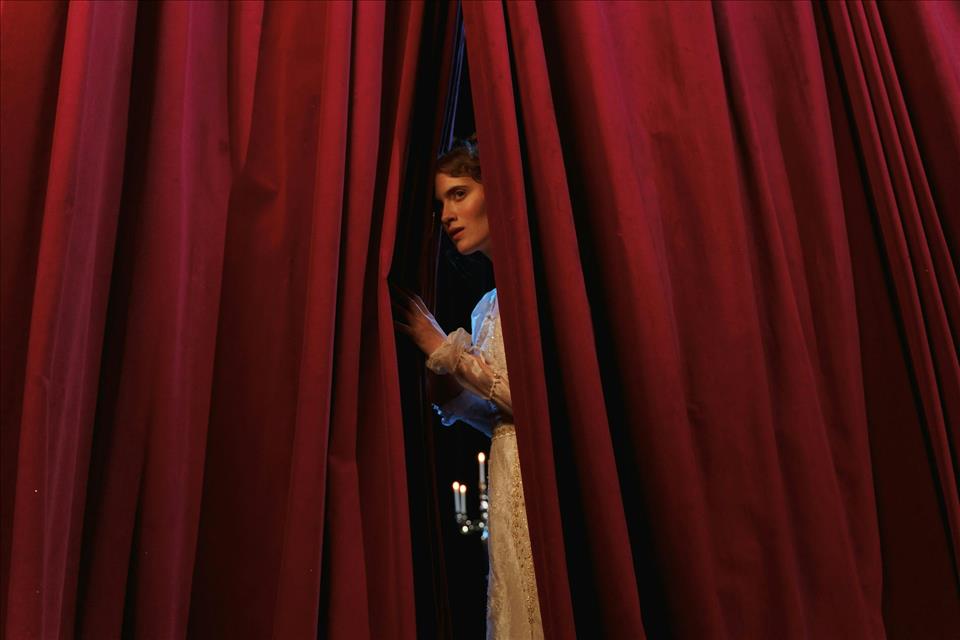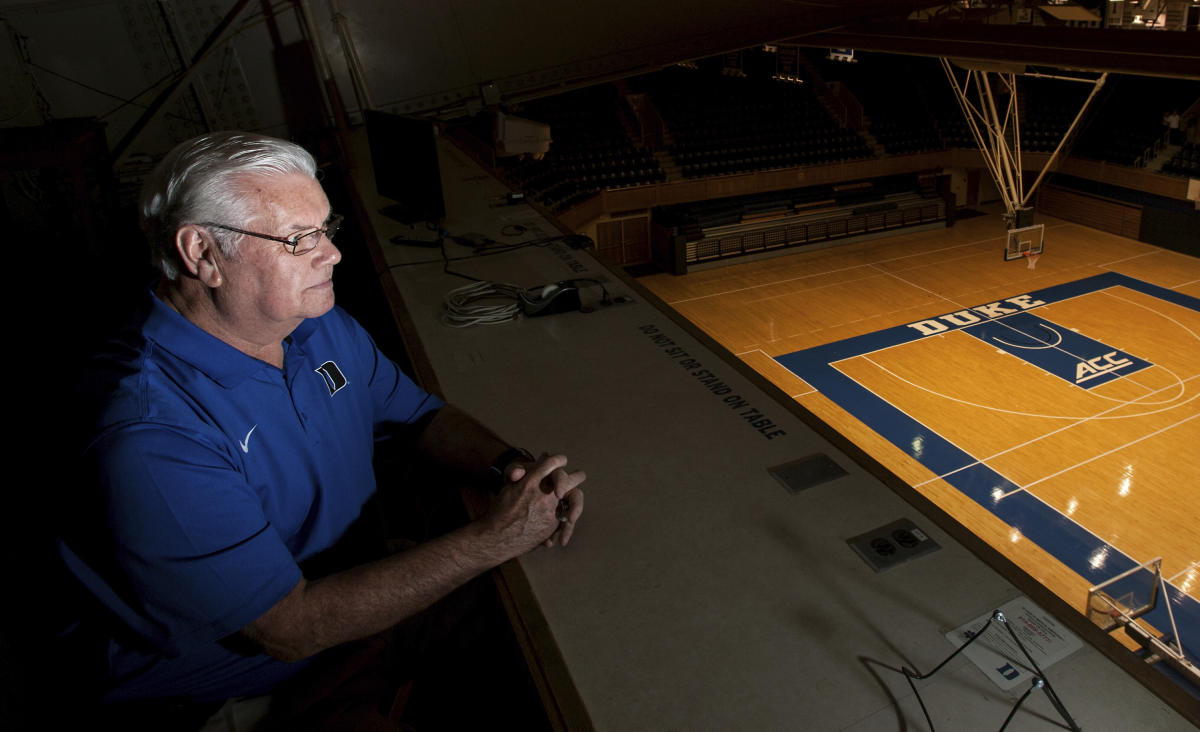VCA graduate Kristina Ross set her novel at a “vicious, merciless” famous drama school. She says she wrote it for young actors

(MENAFN- The Conversation) Sometime in the middle of the first decade of the 21st century, 17-year-old Kristina Ross became “one of the youngest actors ever selected” to enroll in the Victorian College of the Arts Drama School. Her experiences shaped, changed, molded and destroyed her so much that she reimagined them as fiction many years later.
The resulting novel, First Year, won the Australian/Vogel Literary Award for young writers (under 35) – making it the last winner. The award, which was established in 1980, has since ended, but the editor of The Australian has indicated that it will be revived with a new sponsor.
The book begins with a quote from Hamlet: “The purpose of acting (…) is to hold up a mirror, as it were, to nature.” This seems an innocuous choice for a novel about acting, but its significance is made clear in the author’s prologue. Her narrator denounces the “vicious, merciless” culture of the “cult-like” drama school, embedded in a place that requires its students to “offer themselves for dissection in order to become artists.”
Review: First Year – Kristina Ross (Allen & Unwin)
In a newspaper interview, the author said one of her motivations for writing “First Year” was to help others starting out in acting. “I was looking for a story like this when I was a young actress in training and I just never found it,” she said.
Kristina Ross enrolled at the Victorian College of the Arts at the age of 17.
However, had young Ross read something like First Year before moving to Melbourne, she would probably have decided to postpone her studies. Maeve, the name she seemingly gives the character after herself, constantly stumbles through a mixture of ignorance and immaturity. Her fellow students are older; some have university degrees, others come from theatre families. Even those who are not from Melbourne are familiar with the city and its culture.
A cultural newcomer
Maeve, fresh out of a private school on the Gold Coast, has never heard of the Australian Performing Group (APG) or the Pram Factory or been to La Mama, those great Melbourne theatre institutions.
She can recite Juliet’s emotional monologue from Romeo and Juliet during her audition, but she had never sat through an entire performance of a Shakespeare play until her sophomore year, when she worked as an usher in Much Ado About Nothing.
Her cultural interests are so limited that she has never read 1984, Wuthering Heights, or Anna Karenina. Her caring parents pay for her to live in an upscale student dorm, which separates her even further from her peers. She may consider the living allowance her parents give her to be “small,” but she is free from financial stress.
The acting training is intense. Ross describes it as the need to “become malleable to the method.” But Maeve is so inexperienced, so naive, that when she has to hug a classmate in class, she is overwhelmed by her emotions because she is “not used to being so close to a man.”
“The man” is Saxon, who flirted with her at her audition and calls her “Juliet,” referring to both her audition and her romantic naivety. Her relationship with Saxon runs throughout the book as a variation on the classic romantic cliche: girl gets boy, girl mistakes acting for reality and therefore loses boy, girl grows up.
Predators thrive easily
In class, students are encouraged to move, talk, and step into the reality of the characters they are playing. The reader gets to know the teachers who oversee their education. Some of the portraits may be fictional, but the school’s principal, the charismatic Quinn Medina, is drawn in such detail that it’s relatively easy for insiders to guess the person he’s based on.
In such an environment, sexual assault can easily flourish. And so we meet Yates, the famous actor and director whose sexual harassment of female students is accepted as normal by the teaching staff. This is one of the implicit questions the author raises: Is it worse to harm people by exploiting their bodies or their minds?
Quinn uses her knowledge of the students, their circumstances, and their personal lives to ridicule them, pushing them to achieve their best without concern for the cost to their mental health.
Maeve hears stories about a student who committed suicide after learning about the intense inner lives of other people. But she also hears the example of Sylvie, a student who was apparently so talented that her performance as a sophomore earned her a role in an upcoming film of Anton Chekhov’s The Seagull.
Even before she meets Sylvie, Maeve is obsessed with her and wants to be an example of what she could achieve herself. Later, Maeve models herself on Sylvie in her appearance, clothing and behavior – and even develops a serious cocaine addiction. Ultimately, says Quinn, “the most direct access to work was life.” The combination of lifestyle, performance anxiety and emotional turmoil inevitably leads to a crash.
Over time, Maeve realizes that Quinn is using the students as elements in manipulative games that, while developing their acting skills, tend to stereotype them, limiting the roles they are allowed to play. At the beginning of the year, a classmate told Maeve that “she fits the mold,” but now she realizes that she is only being molded to play the naive one—and occasionally the scapegoat.
After a student has a public nervous breakdown during which all she can utter is Nina’s monologue from The Seagull, an older teacher reminds the students: “Trust your instincts. After all, that’s what brought us to you in the first place.”
Ross has indicated that she sees First Year as part of a series. Although it reads more like a catharsis, I can imagine a sequel. But I hope her writing can break out of the seemingly autobiographical.
![]()
MENAFN13072024000199003603ID1108434122
Disclaimer:
MENAFN provides the information “as is” without warranty of any kind. We assume no responsibility or liability for the accuracy, content, images, videos, licenses, completeness, legality or reliability of the information contained in this article. If you have any complaints or copyright issues related to this article, please contact the provider above.



